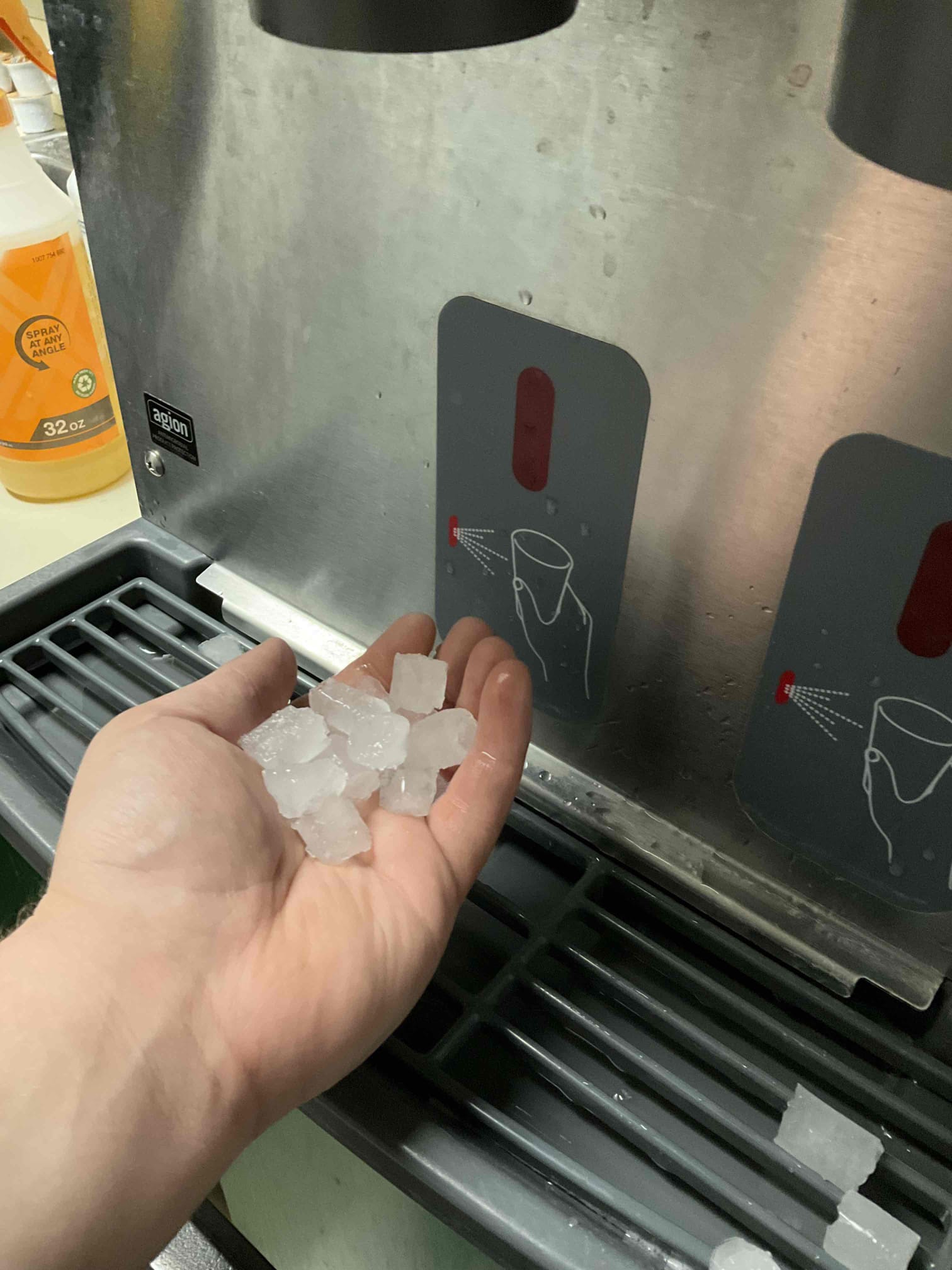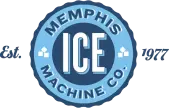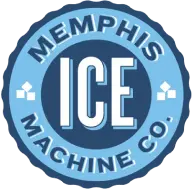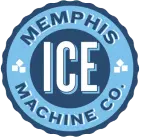proudly serving
the mid-south
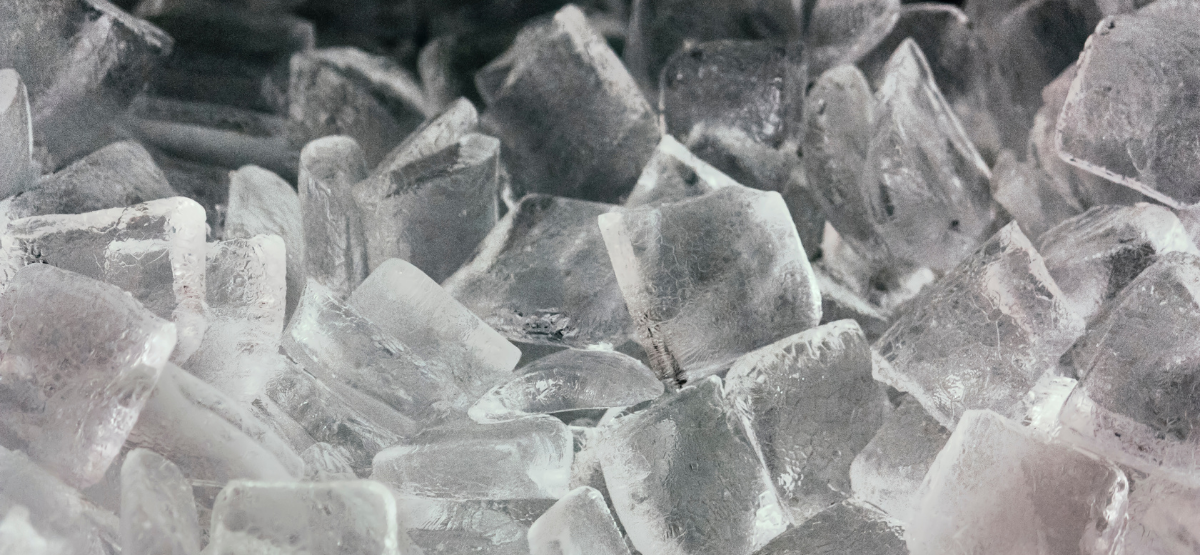
Is Ice Bad For You? An Overview of Ice Safety, Nutrition, and Application – Memphis Ice
Discover some of the ways ice can become unhealthy, common yet avoidable problems, and how you can be sure your ice maker is safe and healthy for your home or business.
Ice is food. It needs to be treated as such! Do you forget to wipe down your prep area before and during the big rush? What about your kitchen counter after a nice meal? Of course not. That same level of routine and consistency needs to be applied to your ice maker.
Today, it’s more important than ever to sanitize and clean. Even if you have a system that sanitizes itself, you need to be on top of things and address problems before they become dangerous.
In this blog, let’s discover some of the ways ice can become unhealthy, common yet avoidable problems, and how you can be sure your ice maker is safe and healthy for your home or business.
Can ice be unhealthy?
Ice, or frozen H2O, is perfectly safe to consume. Generally, the healthiness of consuming ice comes down to two factors: habit and contamination. Neither of these factors is inherently due to the ice itself. Instead, it’s physical symptoms or poor machine maintenance that may contribute to health concerns around ice.
For instance, if you enjoy chewing ice on a regular basis, you could be causing irreversible damage to your teeth. If you have a consistent urge to chew ice, you might be experiencing dangerous health problems.
A couple of weeks ago, we wrote a blog detailing just how bad chewing ice can be, as well as a few tips to curb the habit. Click here to read it!
Common ice safety problems
Poor machine maintenance and care is the leading cause of ice safety issues. If you do not clean and maintain your ice maker in your home or business, you risk avoidable contamination.
Mold in ice makers is a big, needless risk that causes sickness and health complications. Additionally, bacteria can grow, spread, and freeze in the ice. Bacteria that can grow in your ice machine include salmonella, E. coli, and shigella. These are dangerous and completely avoidable with proper care and cleaning.
Here are a few tips to avoid common safety concerns about ice and ice makers:
- Never store your scoop inside the machine
- Wash hands thoroughly before using the ice maker or handling ice
- Equipment that handles ice needs to be cleaned daily
- Inspect and empty your ice maker storage bin on a weekly or biweekly basis.
- Note any recommended cleaning and maintenance producers per your ice maker’s manufacturing guidelines
Thankfully, we have you covered. You may have noticed slime or film in or around your ice machine, one way or another. Click here to read our blog about the truth behind that stuff and how to prevent it.
How can I be sure my ice is safe and healthy?
Recent News
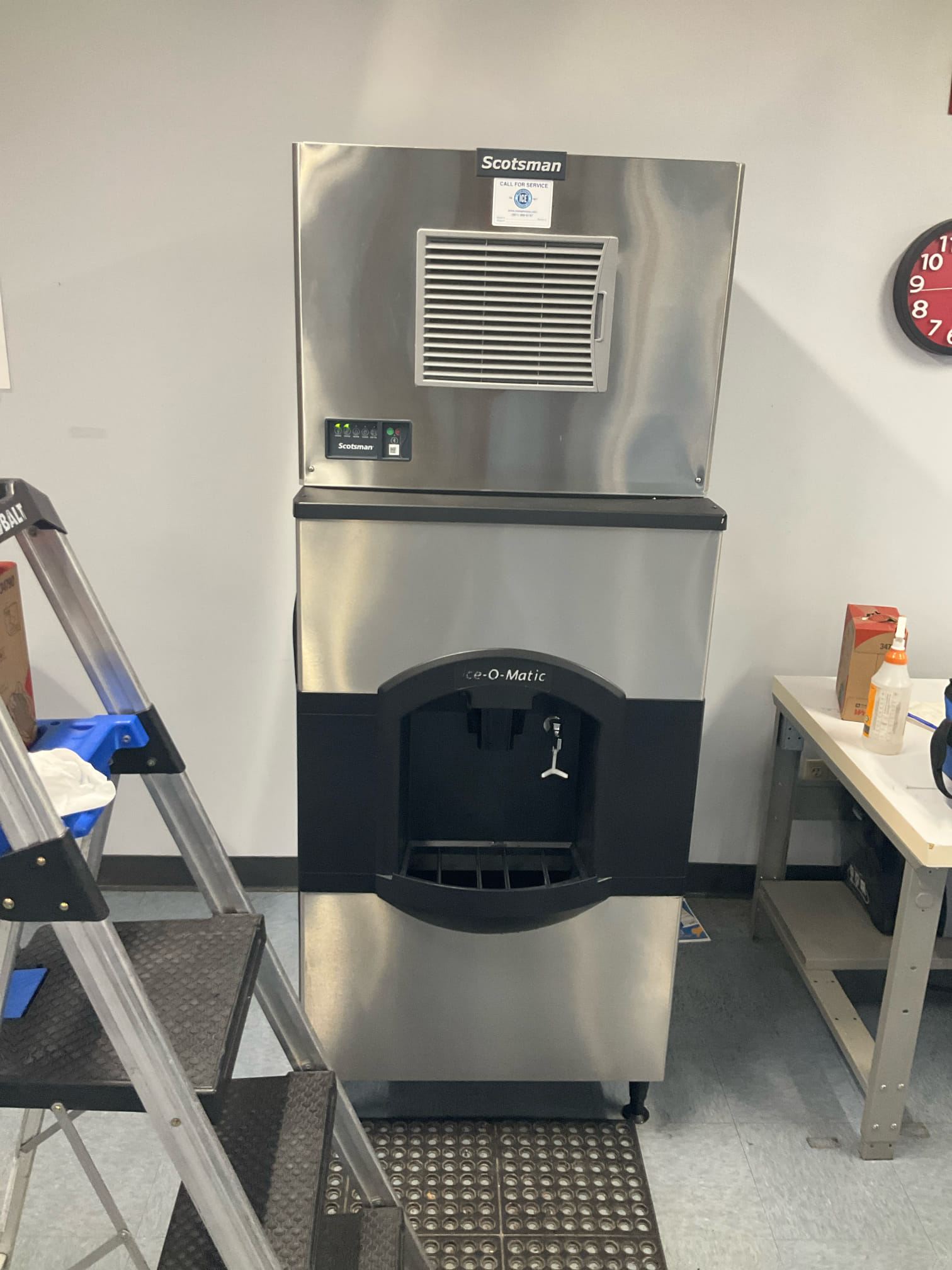
Emergency Walk-In Freezer Repair Tips to Keep Your Business Running Smoothly
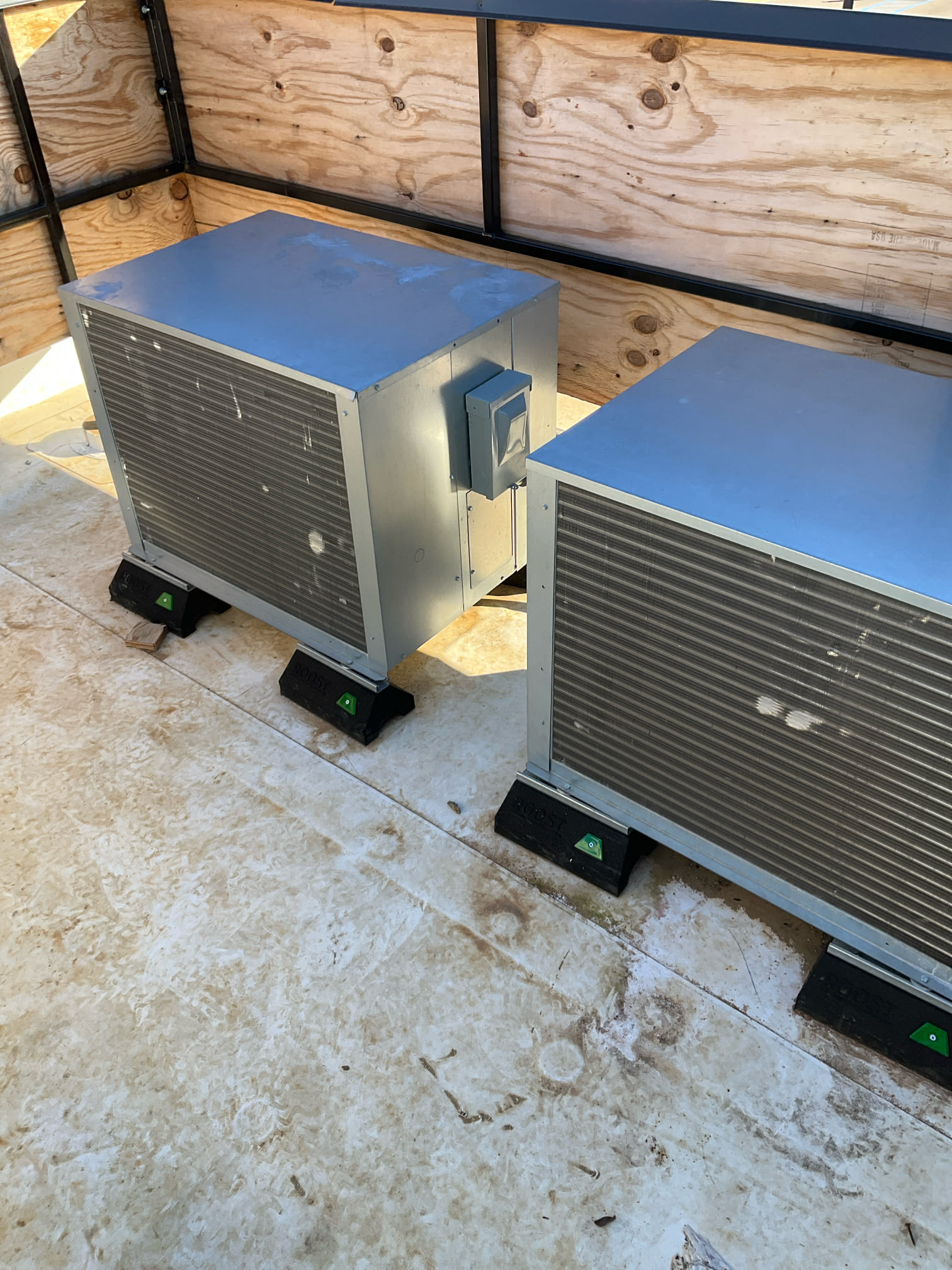
Emergency Cold Storage Solutions for Events Made Easy and Reliable
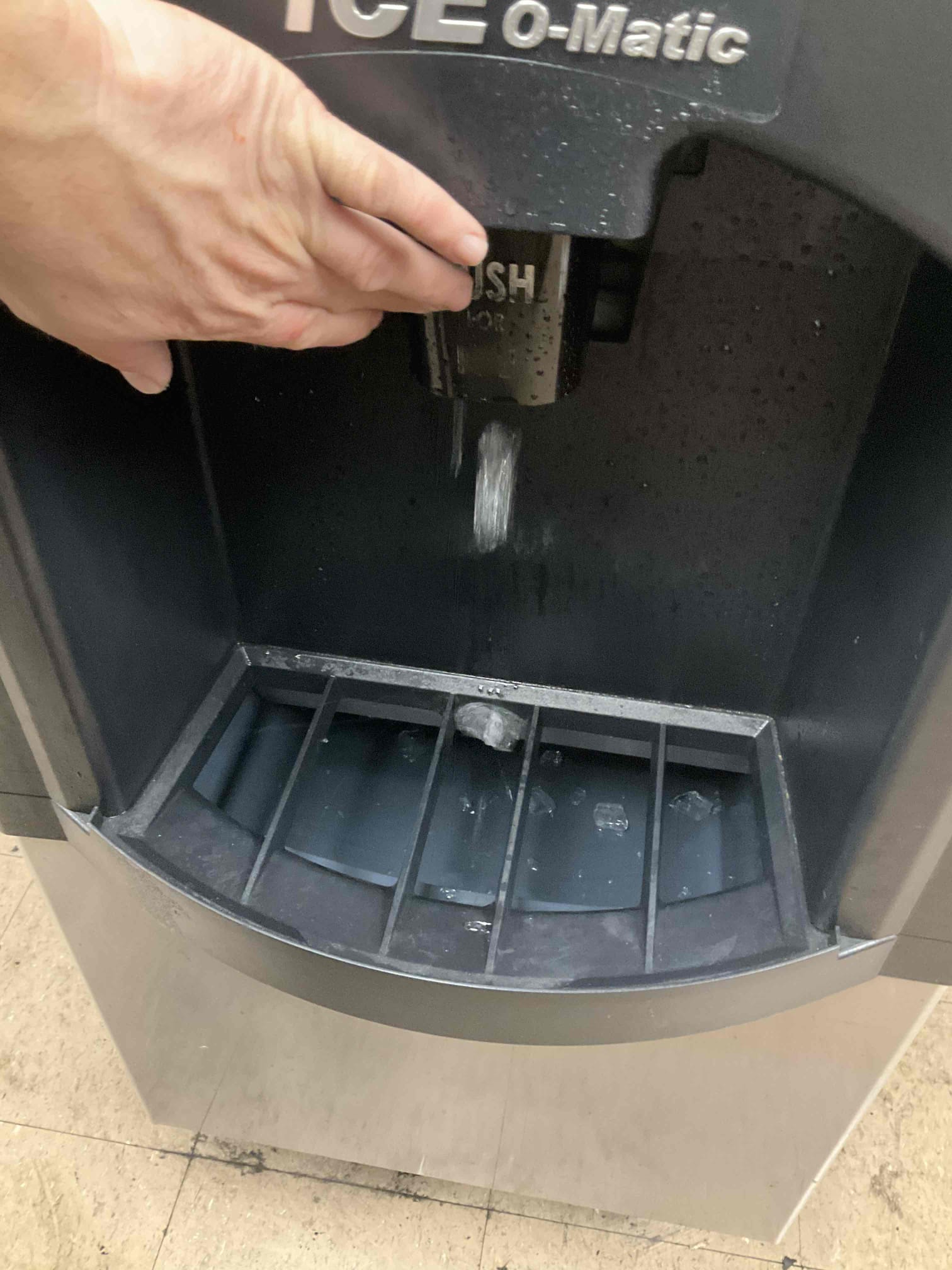
Common Reasons Ice Machines Run Loud and How to Fix Them Easily
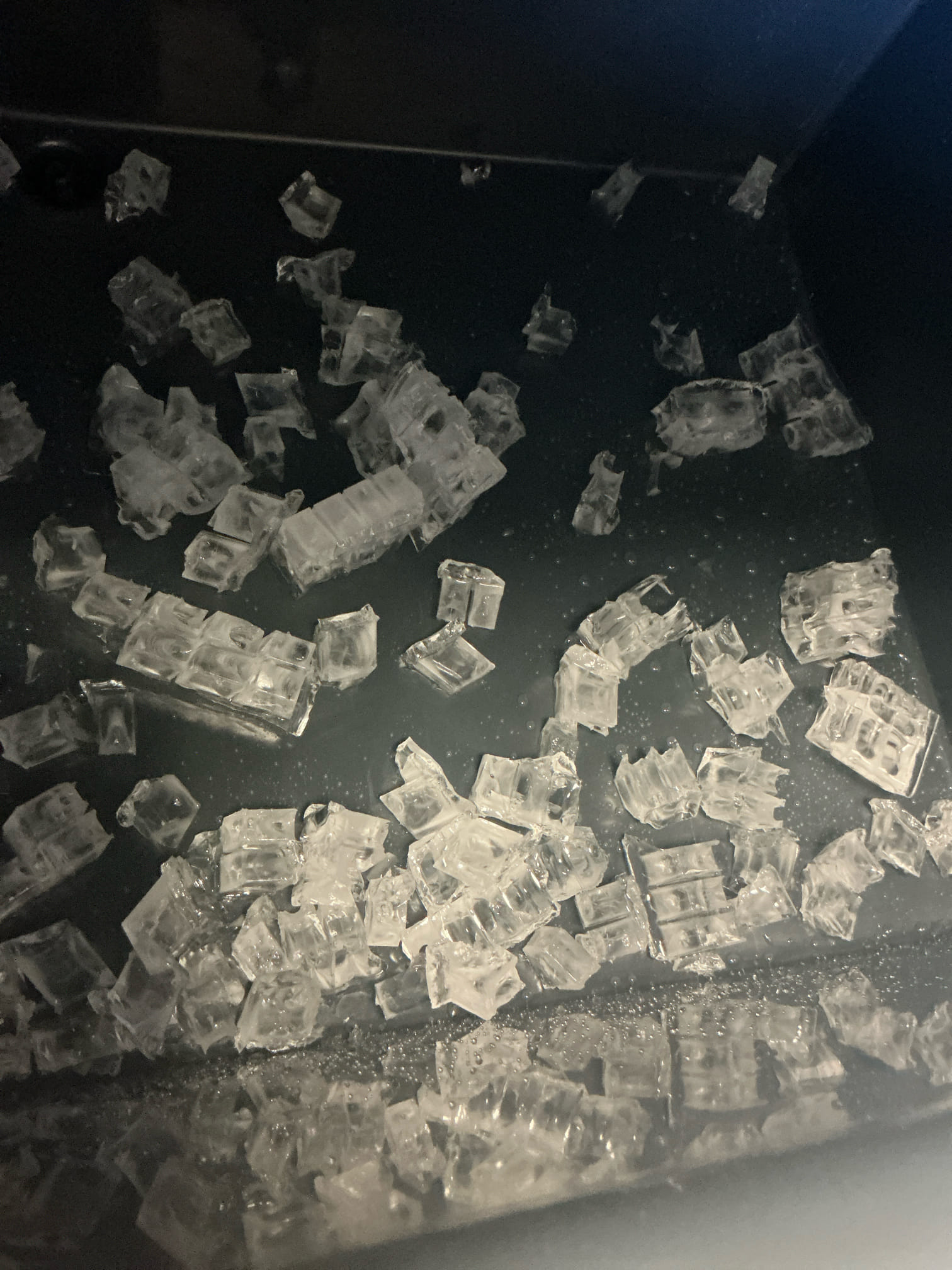
Common Ice Machine User Mistakes and How to Prevent Them for Smooth Operation
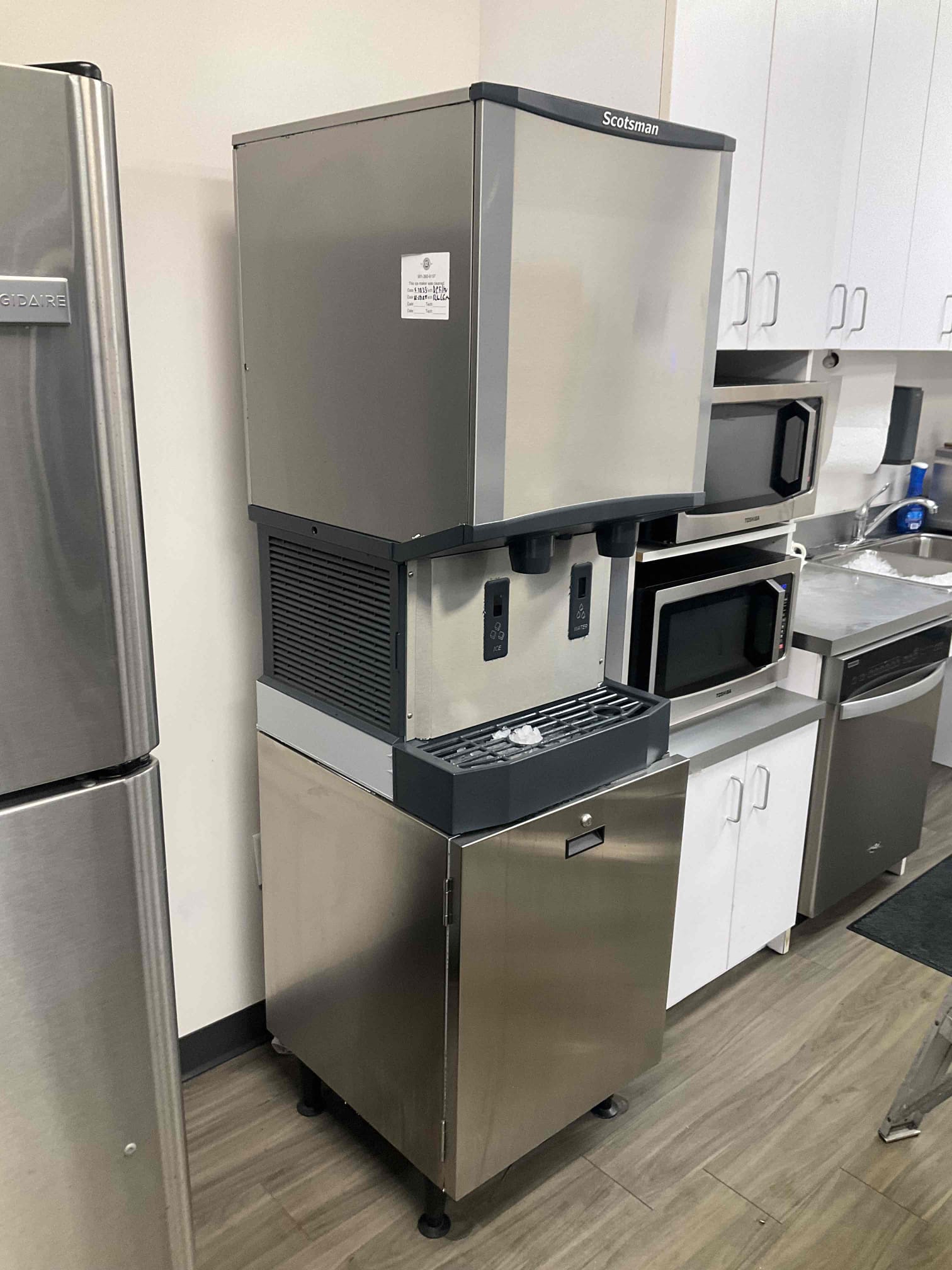
Tips for Improving Airflow Around Commercial Refrigeration Units to Boost Efficiency and Longevity
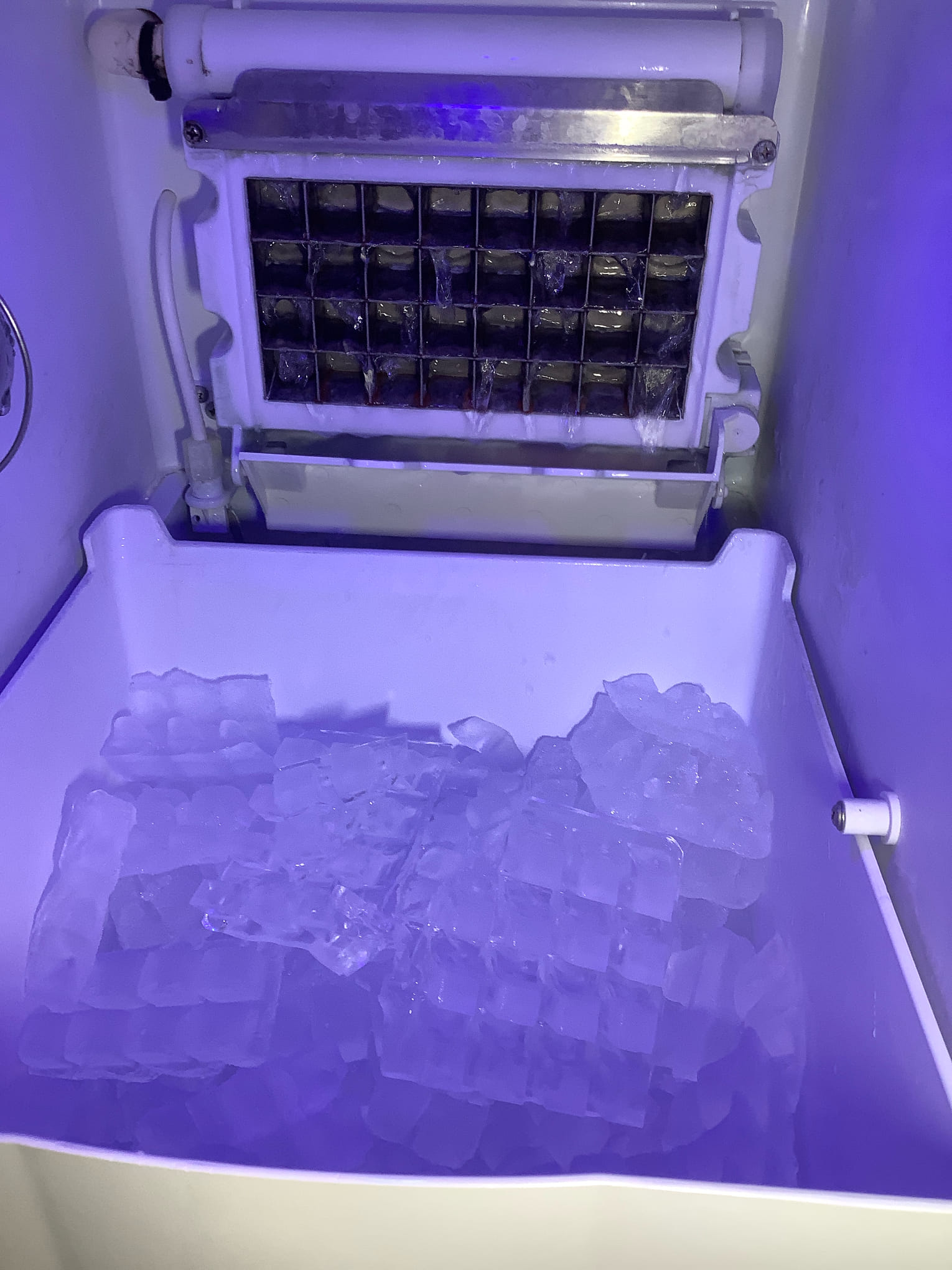
Tips for Organizing Multi-Zone Walk-In Coolers Made Easy and Efficient
